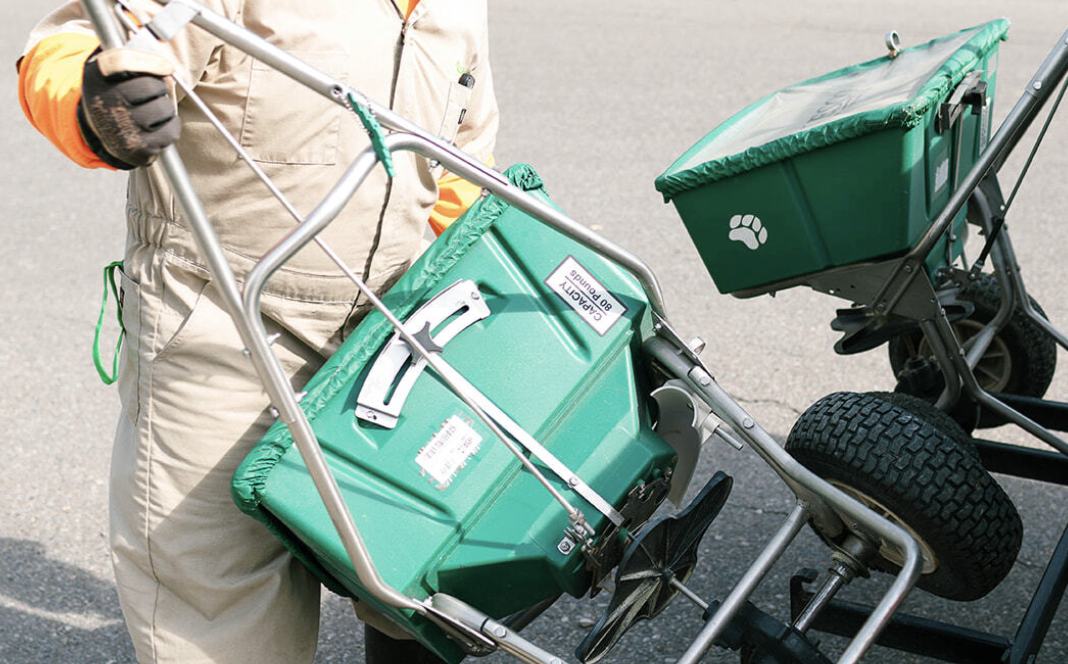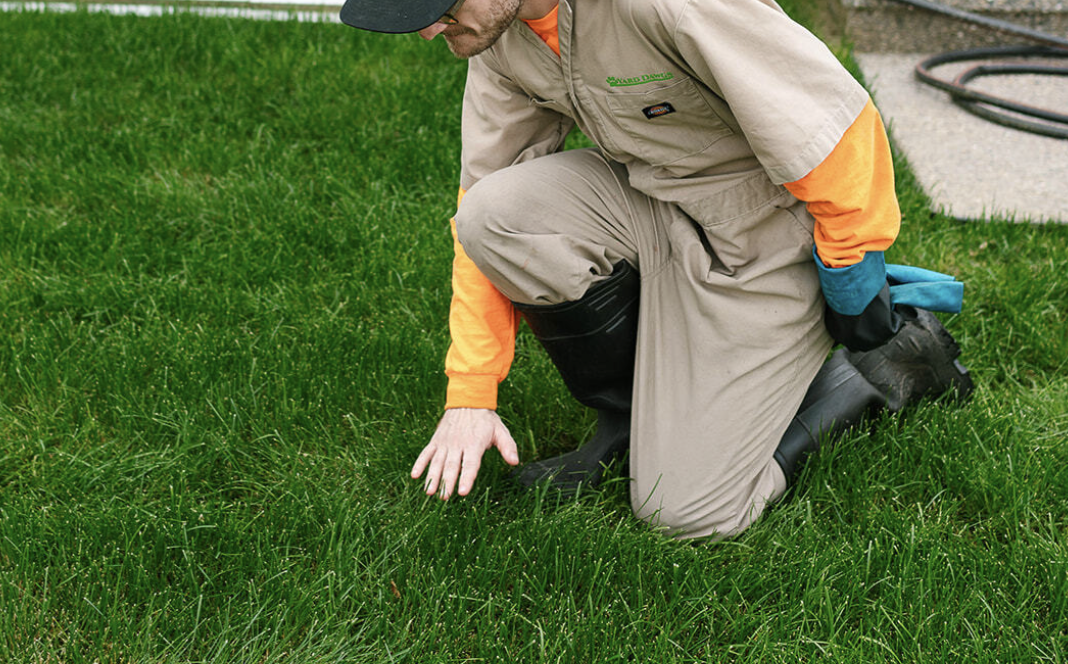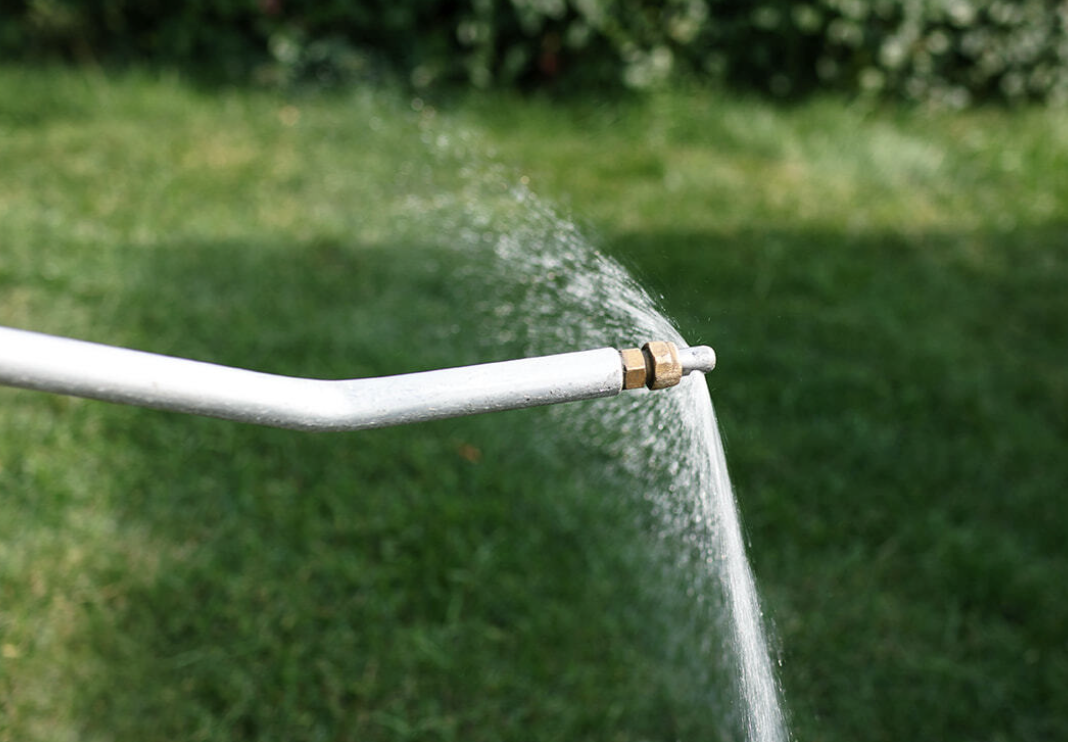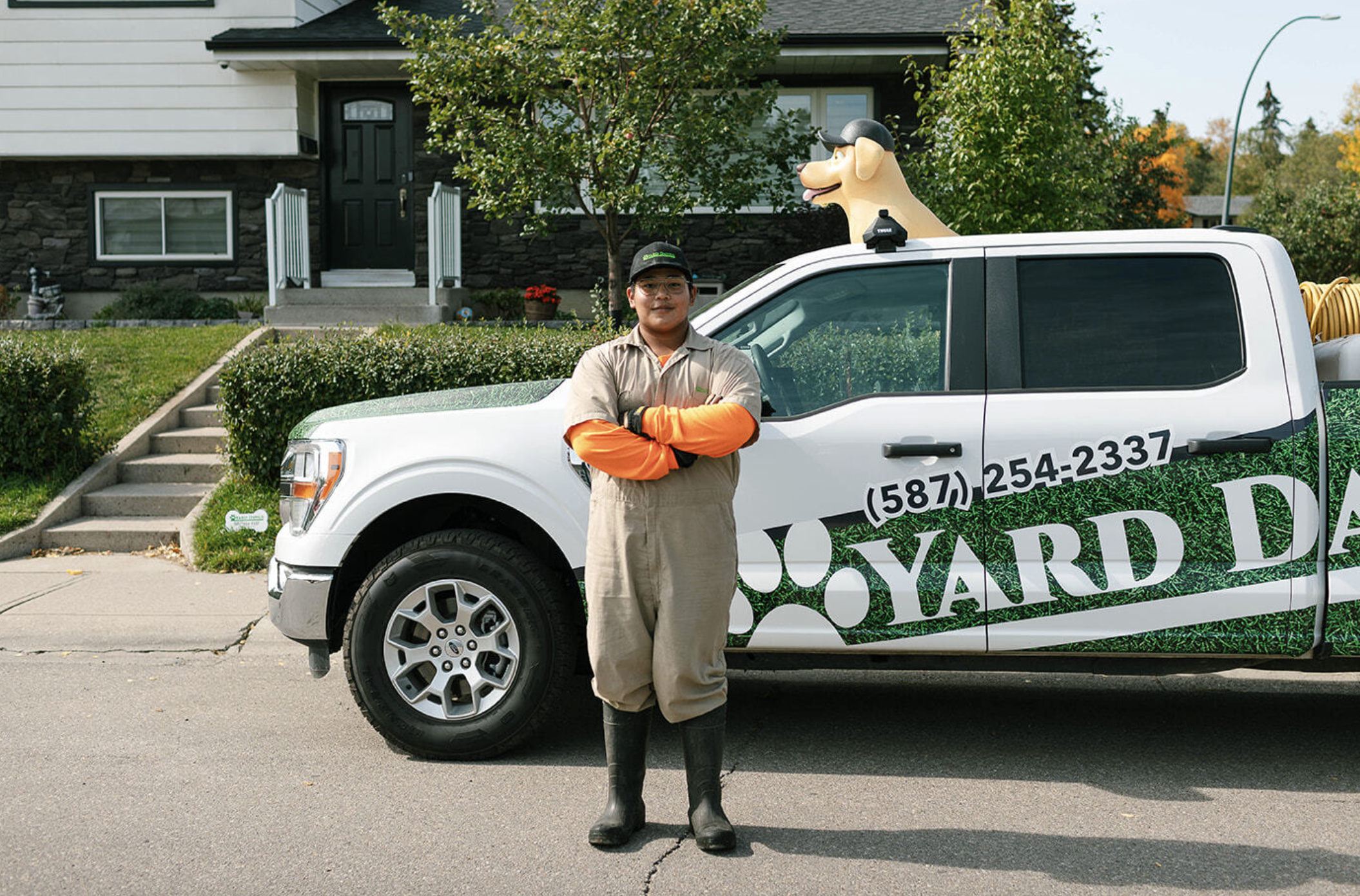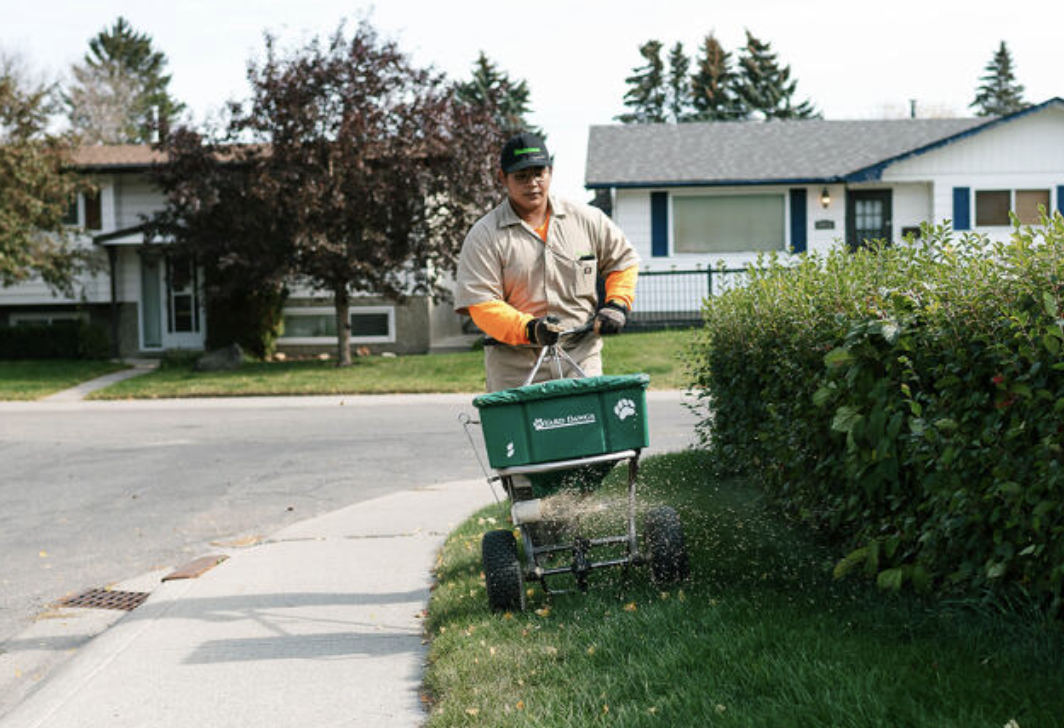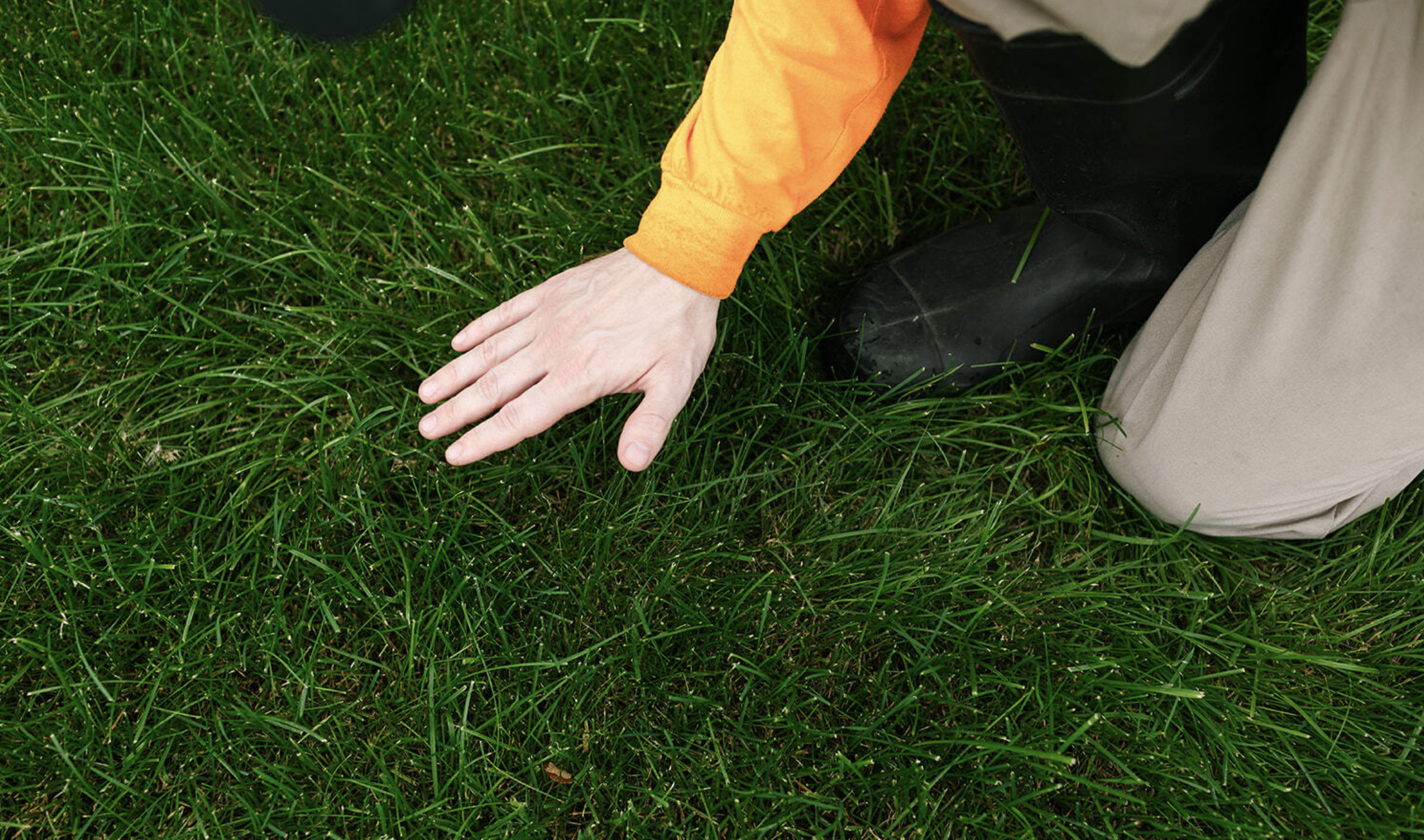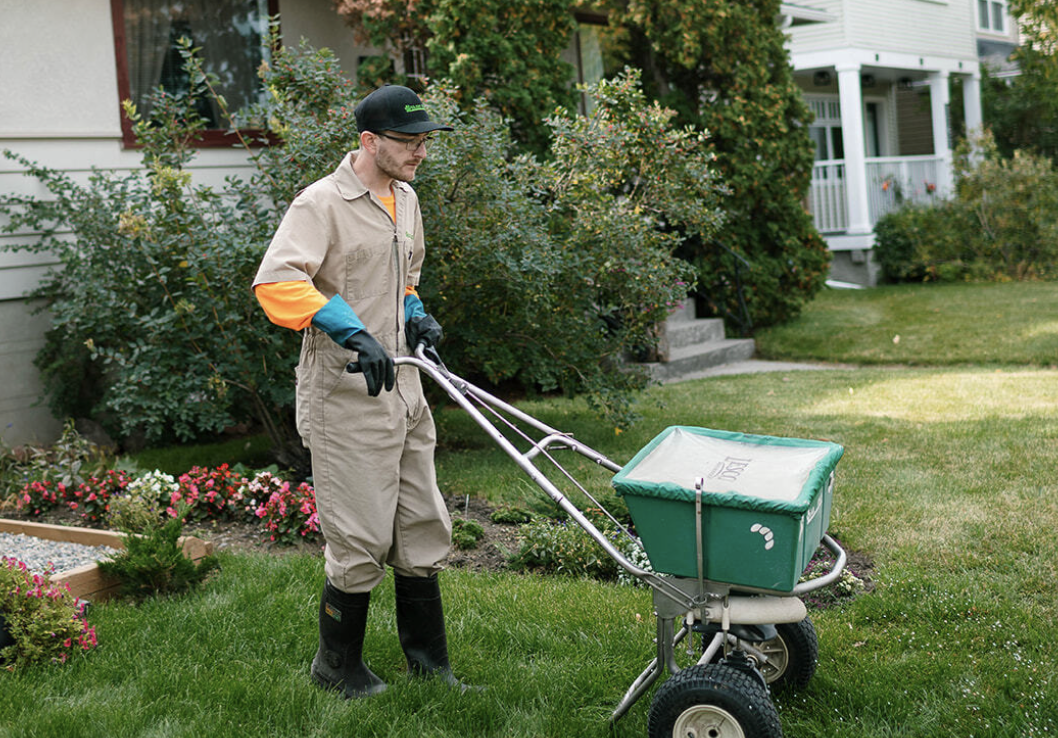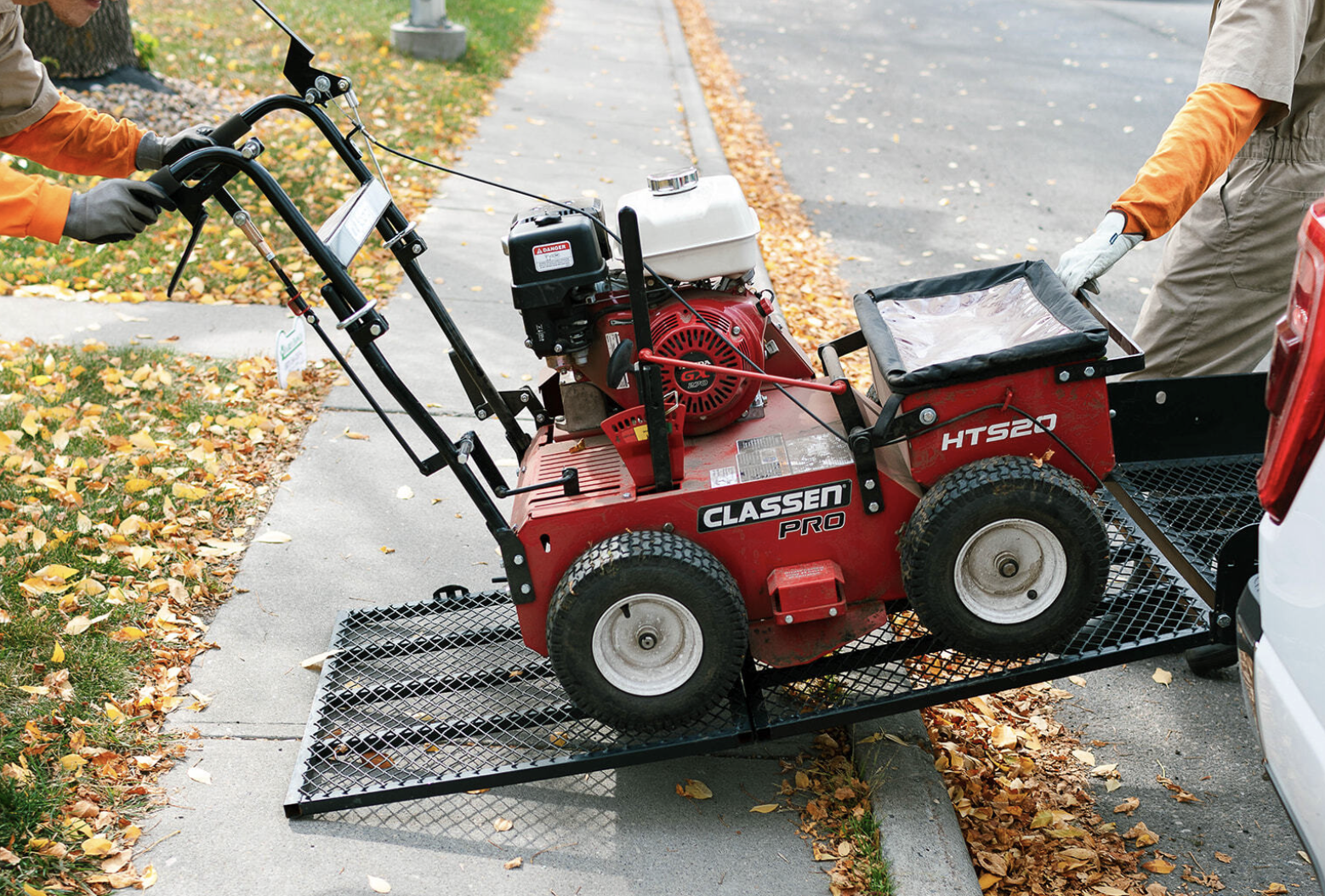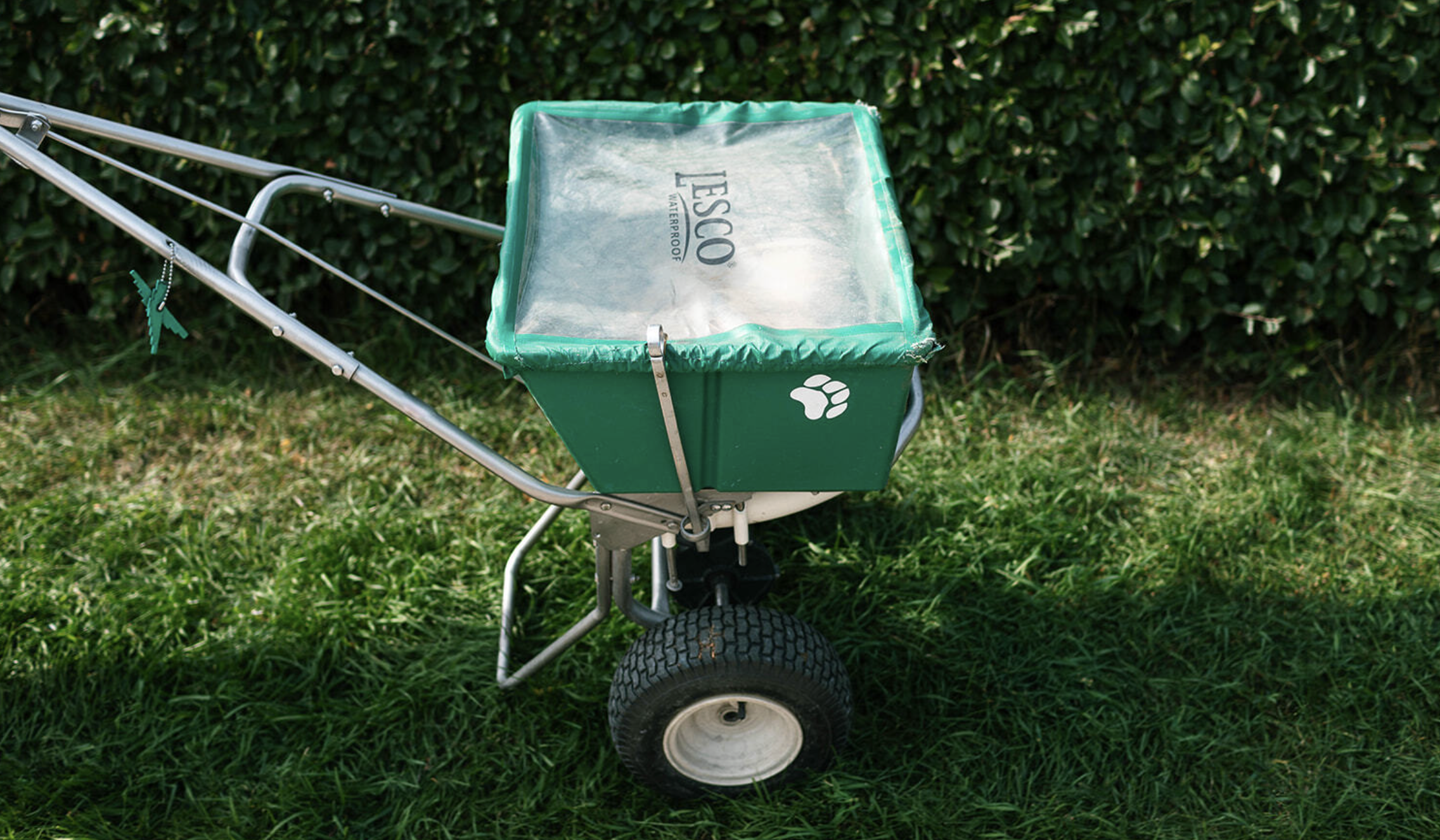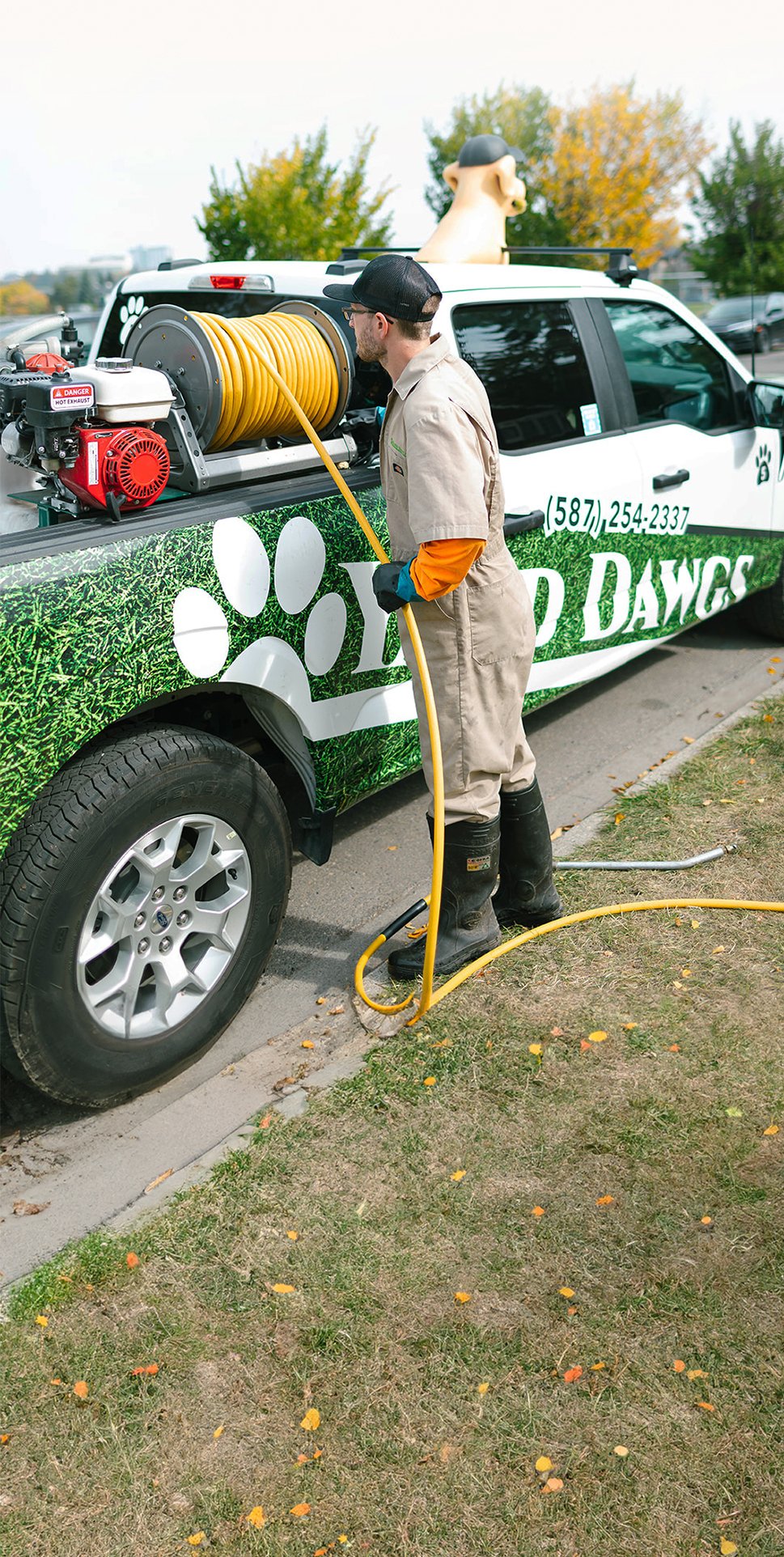Thinking about switching to a clover lawn in Edmonton? You’re not alone.
Clover lawns have gained popularity as a low-maintenance, eco-conscious alternative to grass. But before you buy a bag of seed, it’s important to understand the pros, cons, and challenges—especially in Edmonton’s climate. While clover can be part of a lawn strategy, a full clover lawn may not be ideal for everyone.

What is Clover?
Clover is a low-growing plant from the legume family, recognizable by its small green leaves and white or pink blooms. It has a unique ability to fix nitrogen into the soil, enriching it naturally without fertilizers.
It spreads quickly, tolerates drought, and stays greener longer in summer, which makes it appealing for homeowners looking for an alternative to high-maintenance grass.
That said, it’s not without its issues—especially if you're aiming for a pure clover lawn.
Is a Clover Lawn Right for Edmonton?
Some homeowners in Edmonton explore adding clover to their lawns as part of an eco-friendly approach. While clover does offer some environmental benefits, there are important things to consider:
-
A pure clover lawn is difficult to maintain over time. Without selective herbicides, other weeds like dandelions and thistle tend to creep in.
-
Clover mixes well with grass but doesn't handle foot traffic as well on its own.
-
The white flowers can attract bees—great for pollinators, but not ideal for those with allergies or young kids.
At Yard Dawgs, we do not install clover lawns—and we generally do not recommend them as a full replacement for turfgrass. However, for homeowners interested in sustainable practices, clover can be used as part of a mixed lawn strategy in select cases.
Best Types of Clover Lawns
If you're still considering adding clover to your yard (e.g. as a groundcover mix), here’s a quick overview of common types:
-
White Clover (Trifolium repens): The most popular option. Hardy, spreads well, and tolerates foot traffic better than others.
-
Microclover: A low-growing variety that blends more seamlessly into turf. Often used in grass/clover mixes.
-
Red Clover: Taller and less suitable for lawns. Often used for soil improvement in open areas.
-
Dutch White Clover: A compact and fast-germinating variety good for patching or blending into sparse lawns.
Again, clover works best as part of a lawn—not the whole lawn.
Pros and Cons of Clover Lawns
Here’s a more balanced look at what you gain—and risk—with clover:
Pros:
-
Low maintenance: Requires less mowing, watering, and fertilizing.
-
Nitrogen fixing: Enriches soil naturally.
-
Drought tolerance: Stays green with minimal water.
-
Pollinator-friendly: Supports bee populations.
-
Weed suppression: Can crowd out some unwanted plants.
Cons:
-
Vulnerable to weed takeover: Without herbicides that target broadleaf weeds, you may end up with a mix of clover, dandelions, and thistle.
-
Seasonal dieback: Turns brown and goes dormant in winter.
-
Limited durability: Less resistant to foot traffic than turfgrass.
-
Bee attraction: Not ideal for families with allergies or pets.
-
Staining: Flowers can stain clothes when stepped on.
Care Tips for a Mixed Clover Lawn
If you decide to incorporate clover as part of a broader lawn strategy, here are a few tips to help it thrive:
Watering
-
Water deeply and less frequently to encourage deeper roots.
-
During drought, clover requires far less water than grass.
Mowing
-
Set mower height to around 2.5–3 inches.
-
Clover needs less mowing than grass but benefits from occasional trimming.
Fertilizing
-
Avoid high-nitrogen synthetic fertilizers.
-
Clover generally needs little to no fertilizer thanks to nitrogen fixation.
Weed & Pest Control
-
Hand-pulling weeds is safest since herbicides will harm the clover.
-
Overseed any thinning patches to reduce space for weed invasion.
Final Thoughts from Yard Dawgs
At Yard Dawgs, we believe in helping homeowners choose the right lawn solution for their property, budget, and maintenance goals. While clover offers some interesting benefits, it’s not a one-size-fits-all solution—and we do not offer clover lawn installation as a service.
We recommend carefully weighing the trade-offs before pursuing a full clover lawn. A blended lawn with turfgrass and other groundcovers may offer better long-term results, especially here in Edmonton.
Need help managing weeds, aerating compacted soil, or keeping your lawn healthy year-round? That’s where we come in.


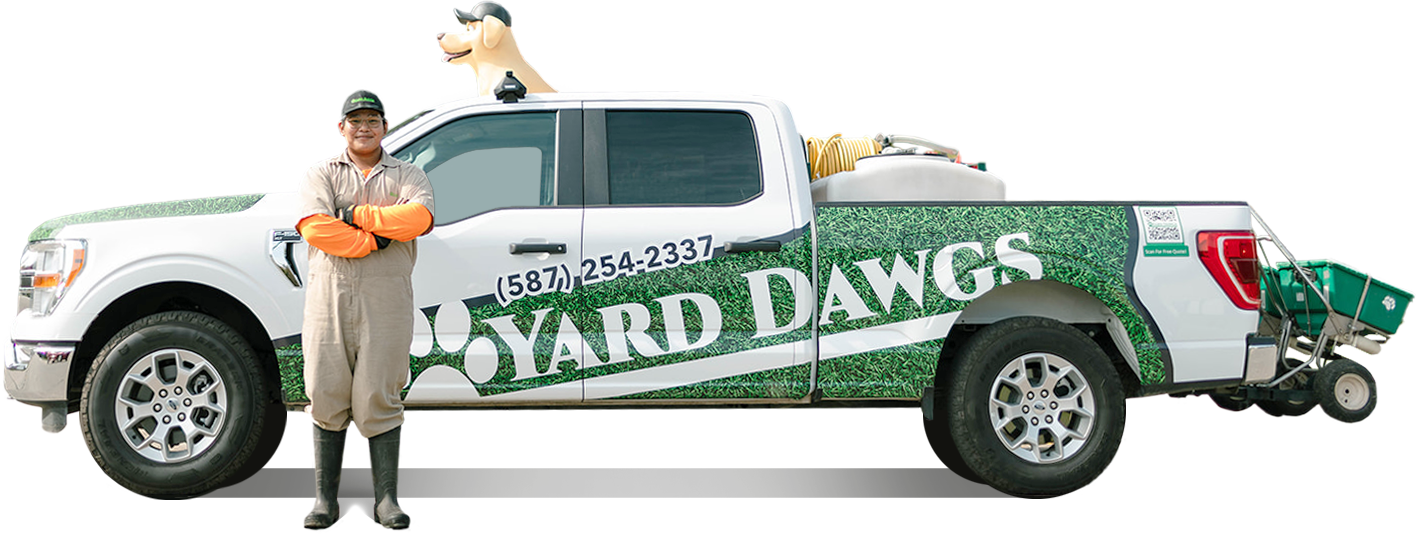


.png)
